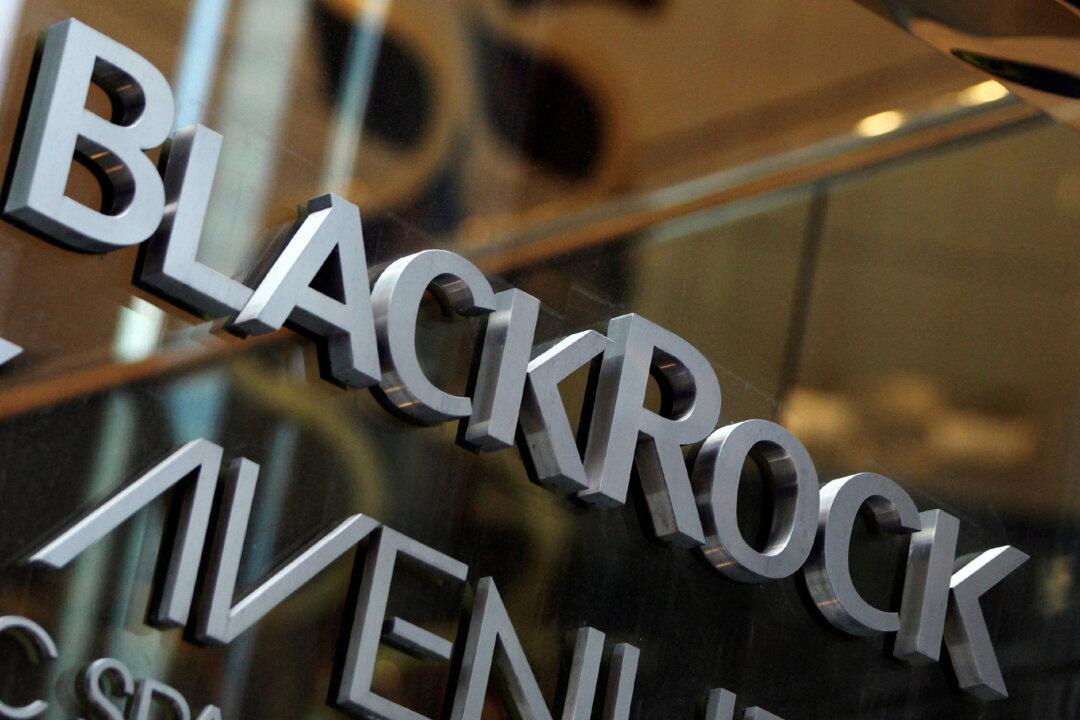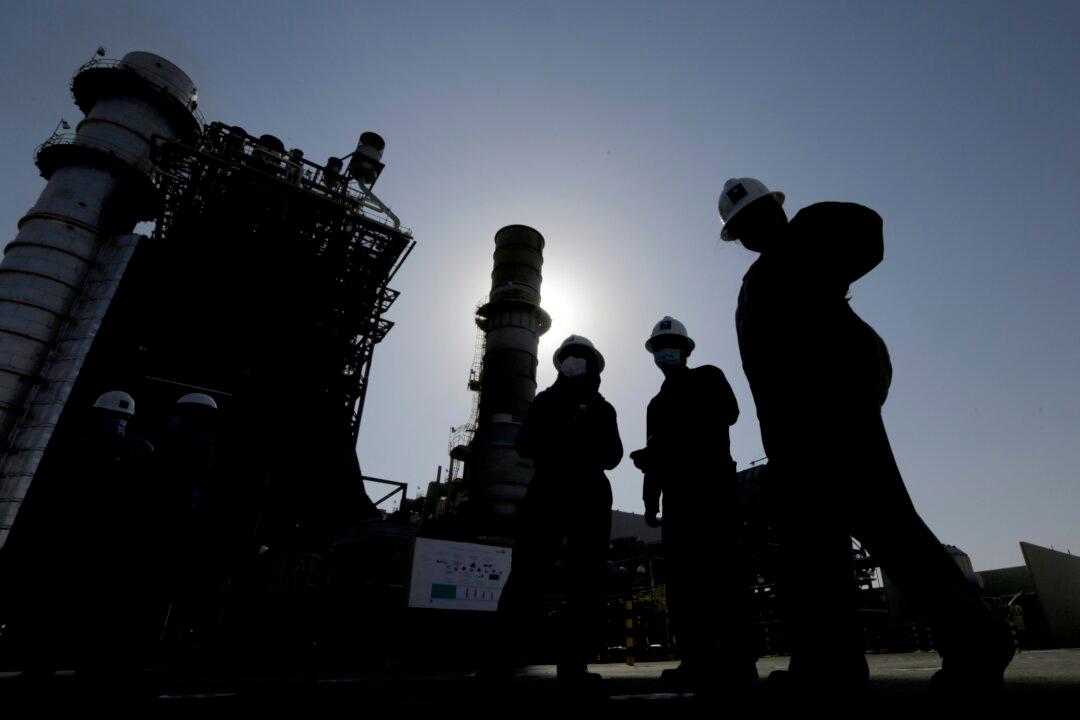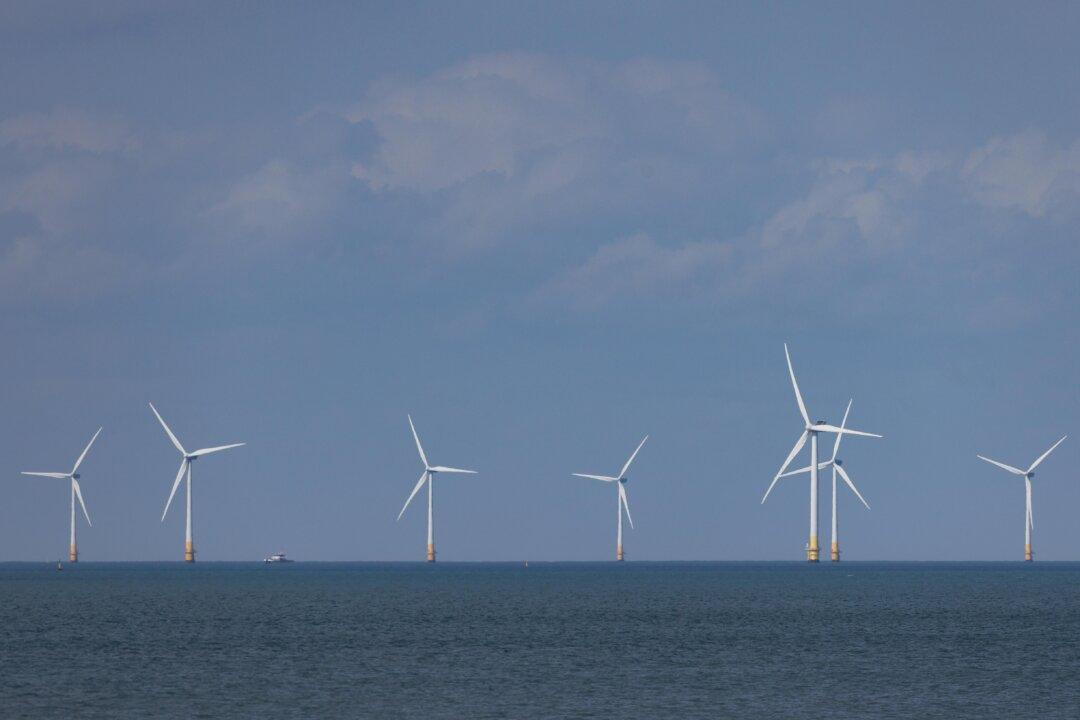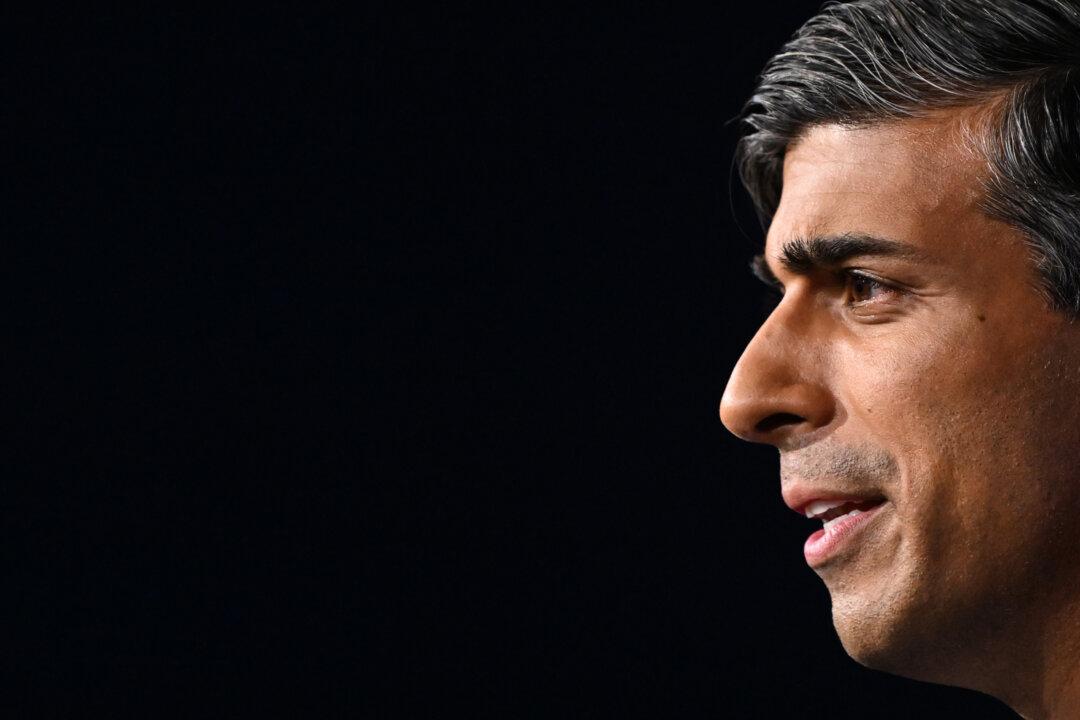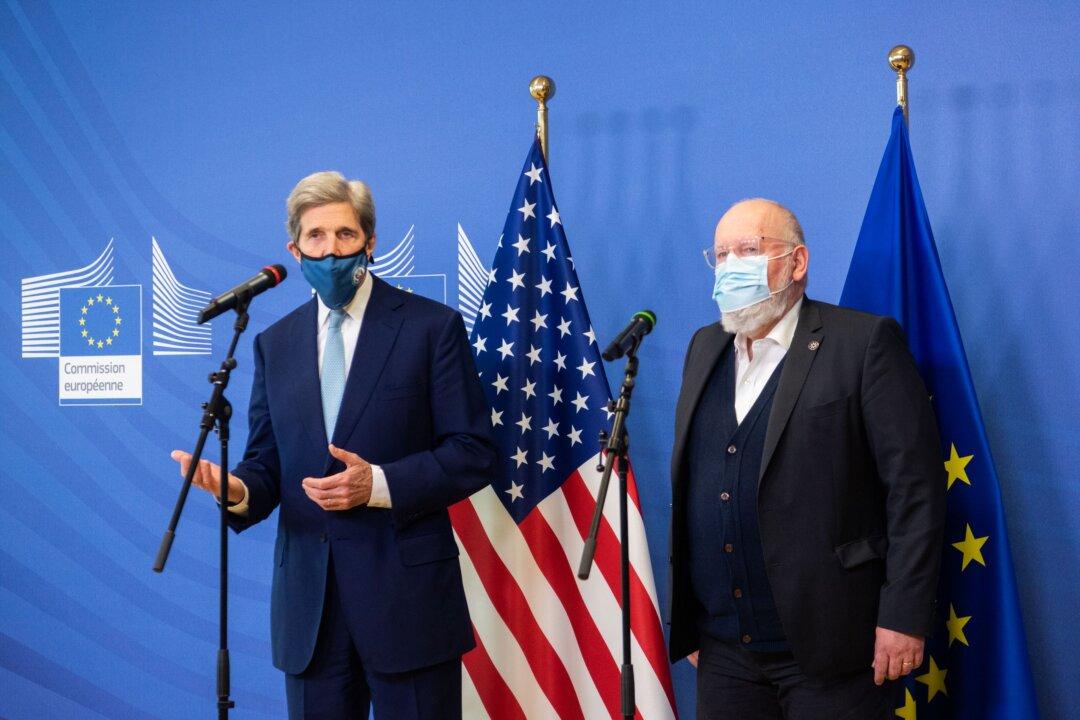Commentary
As regular as the turn of the seasons, each January sees Larry Fink, founder and CEO of BlackRock, the world’s largest asset manager, publish a lengthy letter on the state of the world and its implications for finance and investors. This year, January turned to February and still no letter.
